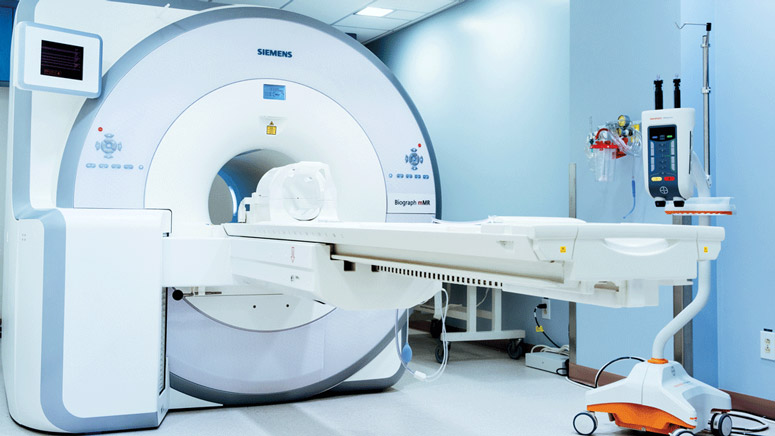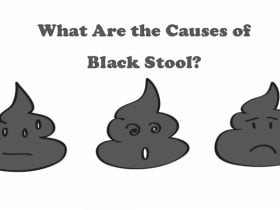Diagnosis

IBS diagnosis doesn’t have set-in-stone rules. Rather, your doctor might have to employ different strategies to diagnose the disorder since it shows similar signs to various other gastrointestinal diseases.
First, your doctor might require an elaborate medical history, do some physical examination, before they attempt to exclude symptoms of other possible diseases. Some symptoms may serve as pointers to other more serious disorders, that’s why the doctor wouldn’t rush the diagnosis. Such symptoms as anemia, rectal bleeding, severe diarrhea that could wake one from sleep, fever, severe weight loss, advanced age-onset might suggest something bigger than just IBS.
More so, there are criteria available for diagnosis in order to properly place a patient of IBS for treatment. One of them is the determination of the type of IBS a person has. As discussed above, there are basically two types (constipation-related and diarrhea-related). Though some people may experience mixed symptoms of both types. Other criteria for IBS diagnosis involve using symptoms of abdominal pain and discomfort to ascertain the disease condition. The pain is usually associated with hindered defecation, especially if the stool consistency and frequency of defecation are altered.
After these examinations, a series of additional tests may be run to indicate the exact point of disruption. These tests include:
- Colonoscopy, x-ray, CT scan and upper endoscopy
- Laboratory tests, for example, stool tests and lactose intolerance tests. [3]













